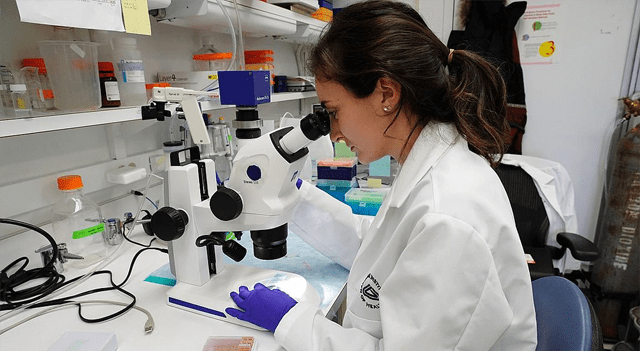BioNTech SE (NASDAQ:BNTX) and Bristol Myers Squibb (NYSE:BMY) have unveiled a sweeping global alliance to jointly develop and commercialize BioNTech’s bispecific antibody candidate, BNT327. Designed to treat a range of solid tumors, BNT327 targets two key proteins – PD-L1 and VEGF-A – known to play pivotal roles in cancer growth and immune evasion.
This collaboration, valued at up to $11.1 billion, represents a major investment in next-generation immunotherapies. The investigational drug is already undergoing clinical evaluation, with more than 1,000 patients enrolled in active studies. These include Phase 3 trials in extensive-stage small cell lung cancer (ES-SCLC) and non-small cell lung cancer (NSCLC), where BNT327 is being assessed as a potential first-line treatment. A global Phase 3 trial for triple-negative breast cancer (TNBC) is also expected to begin by the end of 2025.
Early trial data has shown encouraging results, suggesting that the dual targeting of PD-L1 and VEGF-A within a single molecule could deliver enhanced therapeutic effects compared to current approaches.
Under the terms of the agreement, BioNTech and Bristol Myers Squibb will jointly oversee the development and commercialization of BNT327, both as a monotherapy and in combination with other treatments. Each company will also retain rights to explore the antibody’s use in additional indications and novel therapeutic combinations, including with their respective in-house drug candidates.
BioNTech CEO and Co-Founder, Professor Ugur Sahin, emphasized the ambition behind the collaboration, stating that BNT327 could become a central component of future immuno-oncology strategies—moving beyond conventional checkpoint inhibitors to address a broader array of cancers. Bristol Myers Squibb CEO Christopher Boerner echoed this sentiment, highlighting the compound’s potential to redefine cancer treatment standards.
Financially, the deal includes a $1.5 billion upfront payment to BioNTech and $2 billion in fixed milestone payments through 2028. These payments will be classified as acquired in-process R&D expenses, with the initial $1.5 billion reflected in Q2 earnings. BioNTech could also earn up to $7.6 billion more based on development, regulatory, and commercial milestones. Both companies will split costs and profits equally, aside from a few specified exceptions.
This partnership not only strengthens each company’s oncology pipeline but also signals a broader industry push toward more sophisticated and adaptable cancer immunotherapies.
